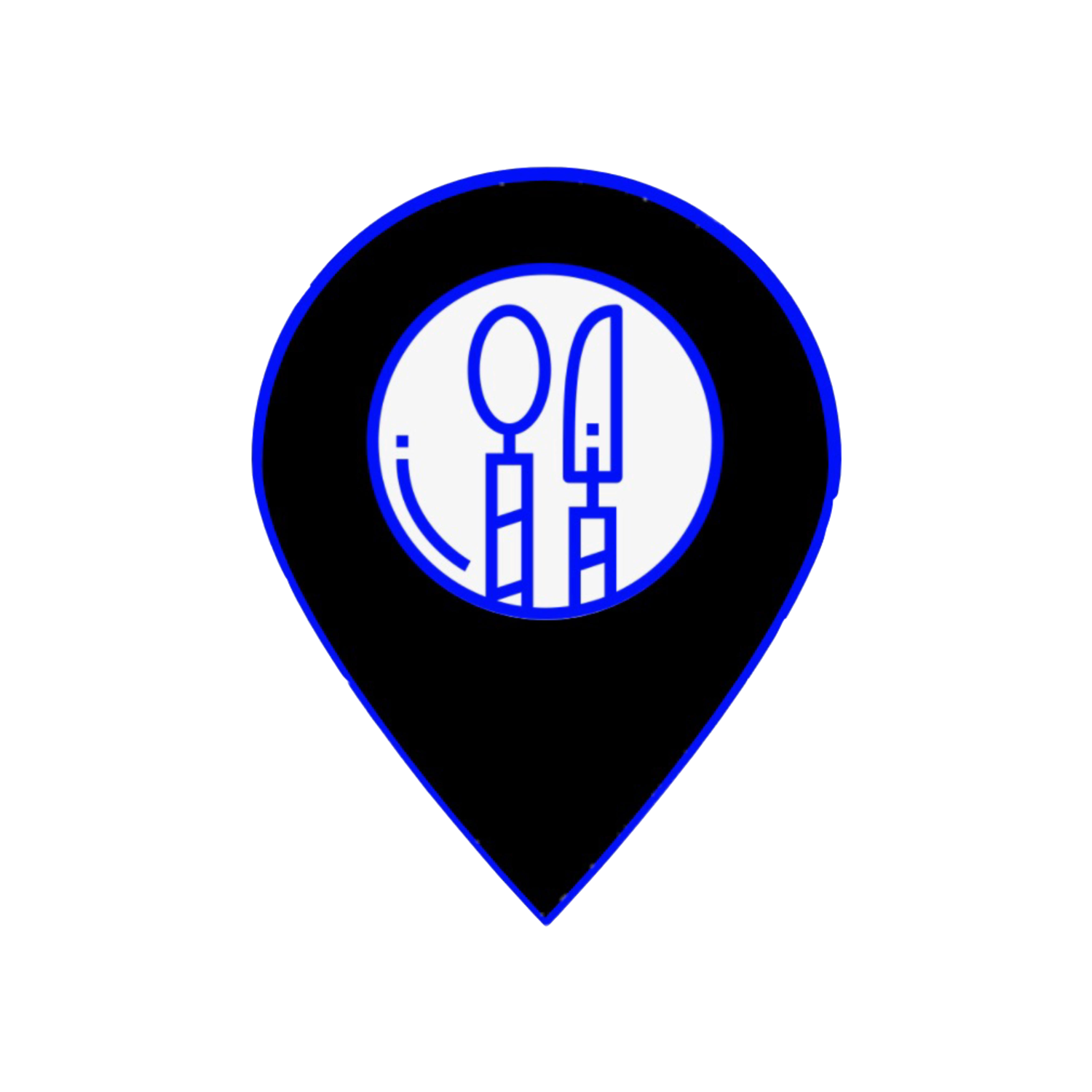WEIGHTY ADVICE!
One of the most challenging facets of a long term weight loss, or weight gain, journey is our relationship with the scale. When looked at on paper, weight is just a number, a data point, useful data but still just data in the end. Let’s be honest though, we don’t just see it as a number. We tie our emotions and our progress into the scale. We look to it as the end all be all of how we are doing and let the results dictate our moods and actions more often than not. If this isn’t a familiar feeling for you, great! But if it is, I want to talk about it a little and offer some advice to help you still monitor your progress without feeling tied to the scale.
Now don’t get me wrong, I am not saying that the scale doesn’t matter. In fact, I can personally say one of my biggest pet peeves on the internet is “experts” telling you to just throw away your scale. In my experience this line of thinking can lead to even more harmful behavior with food in the end because they encourage you to stop weighing yourself but offer no further advice. This week I want to encourage you to work on seeing the scale as just one of the points you use when you look at your progress. Often we are indeed doing everything right but the scale doesn’t give the expected immediate result. Relying only on the scale’s number can lead to frustration and giving up. Let’s look at five other ways you can track success that don’t involve the scale:
Body Measurements
Maintaining a regular record of your body measurements (like waist, hips, chest, arms, thighs, neck, etc.) and updating monthly or every other month can help you see the results of your efforts on your body composition.
Photos
This one is important because often we don’t think about taking pictures until we’re done. Taking regular photos of yourself in the same position(s) can offer a better look at your progress. These aren’t photos you need to share with anyone but for your own personal use.
Clothing
Being cognizant of how clothing fits or doesn’t fit can be a great marker to know that you are progressing. This can be especially useful if you pick one specific outfit as your general marker.
Activity
Growth in strength and endurance are truly as important or more important than the size of your body. Using measurements like distance and timing for cardio and total volume for lifting can be great ways to see progress in your physical capabilities.
Consistency Tracking
Here is where the saying consistency for consistency’s sake comes in to play. Tracking your food plan, activity, sleep, and other healthy habits can show patterns of consistency that you can correspond to your progress in other areas. This tracking habit can also give you something to rely on when your other metrics aren’t behaving as you’d like.
Use these measures in addition to the scale to take the focus off just doing one thing to track your progress. It will give you the ability to see big picture trends instead of just kerneling in on one metric. And it gives you the ability to acknowledge and recognize how your relationship with the scale impacts your overall mood and your behavior. I do want to add that being frustrated by the scale is one thing, but having it create anxiety that impacts your ability to make good choices or function is something else entirely. Taking a break from weighing yourself and even from following a strict plan is okay when you are experiencing this. This is a good situation in which to reach out to someone else for help, like a counselor or therapist. Using the resources you need for your overall health, including physical, mental and emotional is important.

